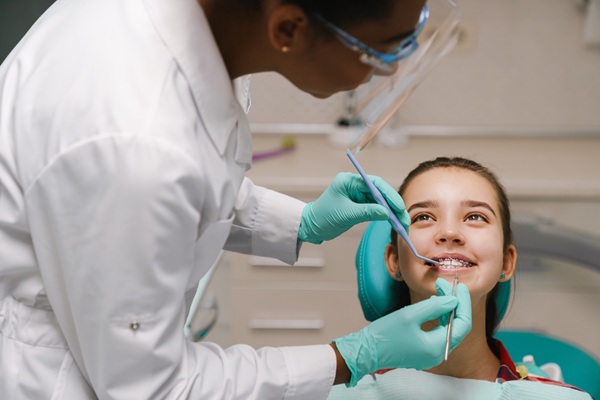What Is the Purpose of Wisdom Teeth?

Most people develop wisdom teeth sometime around the ages of 17 to 21. These are the third set of molars and they help to grind down food. They are specifically designed to grind down seeds and hard roots that were part of the diets of ancient humans. They are no longer necessary since modern humans eat mostly cooked foods and vegetables. The first two sets of molars are enough to grind down the foods that are part of the modern diet.
How wisdom teeth develop
Here is an interesting fact: all of a person's teeth that they will ever have are present at birth; they are just higher up or further down in the skull structure. The first set of 20 milk teeth erupt during childhood. They begin to fall out and permanent teeth grow in. The first 28 permanent teeth erupt by the time a person reaches adolescence. The wisdom teeth come in last after a short break with no teeth development around the age of 17.
Wisdom teeth were necessary when raw roots, nuts, meats, and leaves were a regular part of the human diet. Nowadays, food can be cooked to soften it and tools can be used to crack hard nuts. Also, anthropologists theorize that humans have evolved to a point where wisdom teeth are not necessary. That might explain why some people never get any wisdom teeth. In the future, there might come a time when all humans only have 28 teeth.
Wisdom teeth not being visible does not mean a person lacks them. Some wisdom teeth never erupt, while others are blocked by bone or gum tissues. X-rays can be used to determine whether a person has wisdom teeth underneath their gums.
Wisdom teeth are more likely to cause oral health issues than other teeth, regardless of their visibility. A wisdom tooth is impacted when it fails to push through the gums. Impacted wisdom teeth tend to cause more problems than fully erupted ones.
Reasons to extract wisdom teeth
Our jaws have gotten smaller as we evolve so wisdom teeth do not always have enough room to erupt properly. This can lead to the person's jaw being overcrowded with teeth or the impacted tooth might grow into others, damaging their structures. Some dentists also believe wisdom teeth can lead to other teeth coming out of their proper alignment.
The average person's jaw stops growing around the age of 18, but their wisdom teeth might not erupt for a couple of years. The most common reason a wisdom tooth develops complications is not having enough space on the jaw to grow.
Issues that might be caused by problematic wisdom teeth include:
- Crooked teeth
- Damage to surrounding teeth
- Crowded teeth
- Jaw pain
- Tooth decay
Get help for your wisdom tooth
Are you dealing with a problematic wisdom tooth? Contact our Swampscott clinic today to set up an appointment.
Request an appointment here: https://www.bryancousindmd.com or call Cosmetic & Family Dentistry of the North Shore at (781) 443-8268 for an appointment in our Swampscott office.
Check out what others are saying about our services on Yelp: Read our Yelp reviews.
Recent Posts
A wisdom tooth extraction is a surgical procedure that is performed by a dentist to remove one or more of your wisdom teeth. These are the four permanent adult teeth situated at the back corners of the mouth on the top and bottom. Wisdom teeth, also referred to as third molars, are usually the last…
Wisdom tooth extraction is a procedure that is not typically enjoyable but is often necessary in order to eliminate pain and crowding within the oral cavity. Individuals that are preparing for wisdom tooth extraction may find it helpful to get familiar with the recovery process, which can be involved, depending on the number of teeth…
Wisdom teeth can cause more trouble if they are left in. Remove them to relieve pain.Among the milestones you reach in life from your first steps to learning to drive, wisdom teeth extractions may be necessary. While the process may not sound appealing, it can provide immediate relief and prevent further oral health issues. We…
After a tooth extraction procedure, it is important to follow the aftercare tips provided by the dentist to ensure full healing and prevent complications. The first few days after the treatment are crucial, and a quick recovery will mean that you can resume your normal activities as soon as possible. This article highlights a few…


